Copyright and Privacy
Before digitization, you should verify that publishing a collection online will not violate privacy or copyright law. UPLINK staff will do their best to catch any copyright and privacy problems before publication, but legally the onus falls on your organization.
Copyright Laws
In order to publish a collection online, it needs to fall into one of the following categories:
- The items are in the public domain.
- Your organization owns the copyright to the collection.
- You have written permission from the copyright owner to publish the collection online.
- You have made and documented a diligent, good faith effort to find the copyright holder but were unable to do so. We can then publish these "orphan works" online with a takedown notice in case the copyright holder comes forward and objects.
What Is In the Public Domain: The laws about what is in the public domain are labyrinthine and have many details and exceptions, but some general guidelines are:
- Anything written, recorded, or published before 1928 (as of 2024) is definitely in the public domain.
- Any work written or published between 1928 and 1964 whose author has not renewed copyright is in the public domain. Most archival collections were never published and therefore it is extremely unlikely that the author ever applied for or renewed copyright.
- Any published federal government document is automatically in the public domain.
- BUT state of Michigan and local government documents are not necessarily in the public domain.
How to Determine if You Own the Copyright to a Collection:
Just because your heritage organization possesses a collection does not mean that you own the copyright to that collection!
You own the copyright if:
- Your organization created the collection.
- You have a donor agreement that specifies that the copyright has been transferred to your organization from the donor AND the donor of the collection was the owner of the copyright. (Usually, this means that the donor of the collection was also the creator of the collection or was the heir/executor of the creator.)
If You Don’t Own the Copyright to a Collection:
- The copyright owner (usually the creator or their heir/executor) can give you written permission to digitize the records and put them online.
- If you can't find the copyright holder, copyright law allows libraries and archives to publish "orphan works" online as long as they document a "diligent, good faith effort" to find the copyright holder.
- Alternately, UPLINK can still publish a finding aid or inventory of the collection, and you can still provide in-person access to the collection.
More Copyright Resources:
- American Library Association Copyright Genie
- Stanford Libraries Copyright and Fair Use Overview
- Cornell Library Copyright Term Chart
- Society of American Archivists Orphan Works Best Practices: This document outlines what constitutes a diligent, good faith effort to find a copyright owner.
Copyright law is complex and confusing! If the resources above don’t answer your copyright questions, UPLINK staff are happy to help. However, determining the copyright status of your collection before putting it online is ultimately your organization’s responsibility.
Privacy Laws and Ethics
Legally, the following private information cannot be shared online:
- Social Security numbers
- Individual medical information until 50 years after the person has died under HIPAA
- Individual education information under FERPA
- Individual employment information (Ex: evaluations, why someone was fired)
In addition, you may encounter documents that can legally go online but that might give you ethical qualms, such as personal information about living individuals. UPLINK staff can help you think through any ethical concerns, but ultimately whether to publish them is at your discretion. UPLINK can redact portions of documents if you would like to remove specific passages from an item.
Privacy Resources
- Society of American Archivists Privacy and Copyright Presentation: This presentation goes into detail about HIPAA and FERPA regulations.
